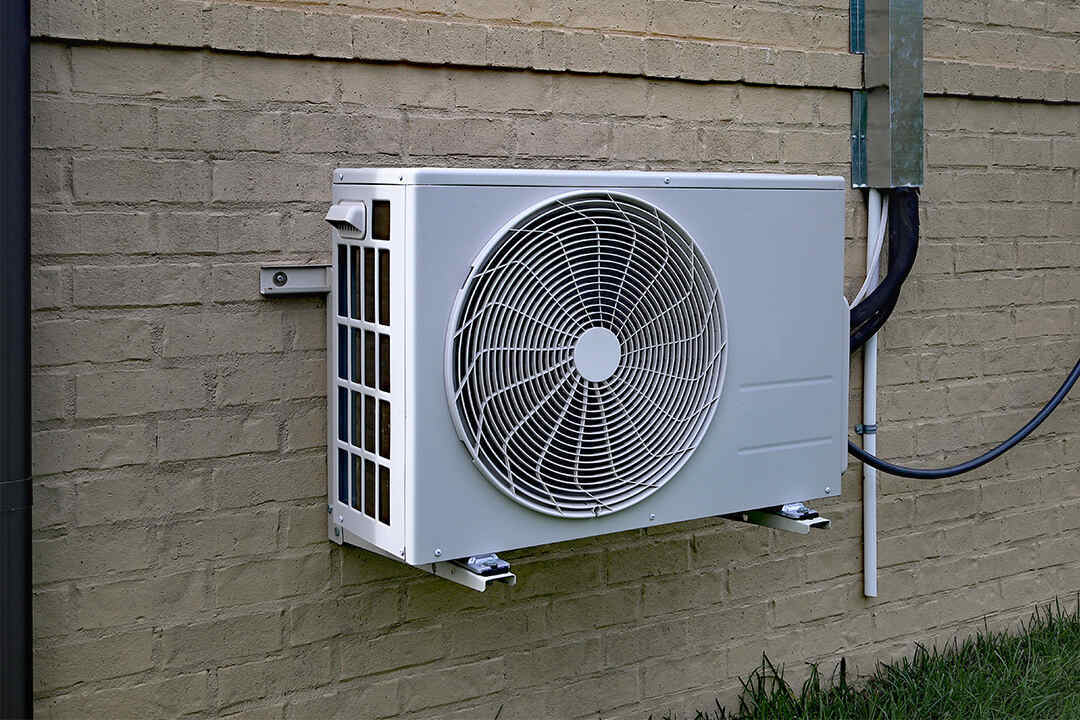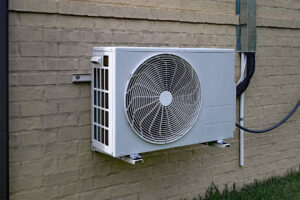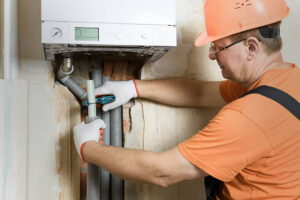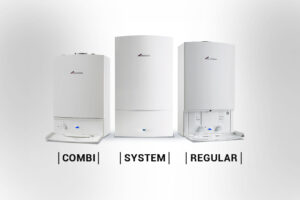Never ever think of giving up. Winners never quit and quitters never win. Take all negative words out of your mental dictionary and focus on the solutions with utmost conviction and patience. The battle is never lost until you’ve abandon your vision.
But what if you’re really exhausted physically, mentally, and most of all emotionally? Here are some sources of motivation to prompt you in reaching the peak of accomplishment.
Choosing the right boiler for your home can be a challenging task, especially with so many different options on the market. Understanding the different boiler types and their features is essential to making informed decisions.
By comparing combi, system and regular, you can determine which type of boiler best suits your home’s needs and preferences.
Boilers are used not only to heat the house but also to provide hot water when needed. In addition to performance and environmental impact, the size of your home and specific installation needs should also be taken into consideration.
Important points to consider include the number of bathrooms, electrical pressure and the age of the building. It is worth doing some research on the best boiler to ensure you get the best return on investment as well as cost. And offer advice on how to choose the right boiler for your home.
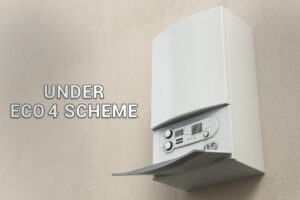
Condensing Boilers
Condensing boilers aren’t exactly a type of boiler, but they are a nice feature of all modern gas boilers; in other words, you can have either a condensing combi boiler or a condensing gas boiler. This is because they capture and reuse some of the heat that would otherwise escape up a non-condensing boiler flue. This means they can get more heat out of the same fuel, saving you money on your heating bills. Boilers are all condensing boilers, which are very powerful at heating water, but there are many different types of boilers commonly used in the UK, including:- Conventional boilers
- Combination boilers
- System boilers
Conventional Boilers
What is a Conventional (regular) Boiler?
Regular boilers – also known as open vents or regular boilers – consist of a cylinder and a tank.How Does it Work?
They work similarly to system boilers; They store hot water in a cylinder that can be used in multiple electrical outlets at the same time. In addition, the cold water tank in the ceiling provides hot water by gravity, making the regular combi boiler a better choice for homes with low water pressure.Efficiency
Operating as efficiently as system boilers – some energy is wasted in stored hot water when not in use, but condensing boilers still achieve efficiency rates of 90% and above.Cost
For example, for a system boiler, expect to pay around £1500 to £3,000, including fittings. If major work is required – for example, installing new piping or finding a cooling tower – you may have to pay more. If you come from a poor family in the UK and find yourself out of budget, then you don’t need to worry about the cost and installation the UK government has initiated the ECO4 scheme, which aims to help homeowners to reduce energy costs and carbon emissions. Under Eco4 boiler types, you can upgrade your heating system without hassle.Pros
- Hot water can be had from multiple taps at the same time.
- Suitable for properties with low flowrates.
- The lower pressure means the systems work better with older pipes and radiators.
- If you are making similar changes, it could be the cheapest boiler to install.
Cons
- The hot water may run out, so you have to wait for them to reheat.
- You need to find a place for the cylinder and tank.
- Many external components – such as water pumps – are not covered by the boiler’s own warranty.
- Cold storage tanks that can freeze on a poorly maintained platform.
Combi Boilers

What is a Combi Boiler?
Combination boilers – or combi – boilers are the most popular in the UK and provide heat and hot water without the need for a water tank or cylinder. You can choose between a gas or electric combi boiler.How does a Combi Boiler Work?
Providing hot water on demand and heating your home in one unit, a combi boiler adds everything you need to heat your home. The water is instantly heated by a metal heat exchanger every time you turn on the hot tap or take a hot shower.Efficiency
They require heat water without steam storage, making a combi boiler the most efficient of all gas boilers on the market.Cost
According to the latest UK boiler figures, a combi boiler can cost (including fittings) less than £1,500 for a smaller budget boiler up to around £3,500 for a larger luxury Free-standing boiler price of £600. It is less than about 2000 pounds, without installation. But if you find yourself out of budget, then you don’t need to worry about the cost and installation the UK government has initiated the ECO4 scheme, which aims to help homeowners to install energy efficient measures. Under Eco4 boiler types, you can upgrade your heating system without hassle.Pros
- Have unlimited access to heat and hot water when needed.
- You don’t need a tank on a platform.
- They don’t take up much space.
- Almost all of the components are installed in the boiler, so your boiler warranty covers a lot.
- Popularity means the availability of registered Gas Safe engineers.
Cons
- If you need hot water from more than one tap at the same time, the water pressure can be reduced.
- Installing a combi boiler is very difficult.
- When all the parts in a boiler are combined, it means there can be a lot of chances of any damage.
System boilers
What is a System Boiler?
System boilers – also referred to as sealed system boilers – come with a tank (which is usually placed in an aeration cupboard).How Does it Work?
System boilers deliver hot water to your central heating and a separate hot water cylinder, where the water is stored until needed. Unlike regular boilers (see below), there is no cold water tank in the attic. As a result, system boilers rely on mains water pressure to push water around the system.Efficiency
Like other types of gas condensing boilers, system boilers are highly efficient – about 90% efficient, in fact.Cost
Expect to pay between £1,500 and £3,000 depending on the type of boiler, the length of the warranty, the controls required (and any extras), and the amount of work required. If you’re out of budget, then your problem is no longer the cost and installation is covered under the Eco4 scheme, the UK government has initiated the ECO4 scheme, which aims to help homeowners to install energy efficient measures. Under Eco4 boiler types, you can upgrade your heating system.Pros
- You don’t need a tank on a loft.
- Hot water can be had from multiple taps at the same time, making it suitable for larger homes.
- Like combi systems, many features are added to the boiler unit itself and are subject to boiler warranty protection.
Cons
- It needs good mains water pressure to operate, so it may not be suitable for older properties.
- Water should be heated and stored before use.
- The hot water may run out, so you have to wait for them to reheat.
- You have to find a place to put the cylinder somewhere.
Which Boiler is Best for your Home in the UK?
The best type of boiler for your UK home depends on various factors such as your household size, water pressure, hot water demand, available space, and budget.Best types of Boilers for Homes
| Household size | Best boiler type |
| Larger households with high hot water demands | Conventional boilers or system boilers |
| Small to medium-sized homes with lower hot water and heating demands | Combi boilers |
| Larger spaces or homes with many water outlets | System boilers |

